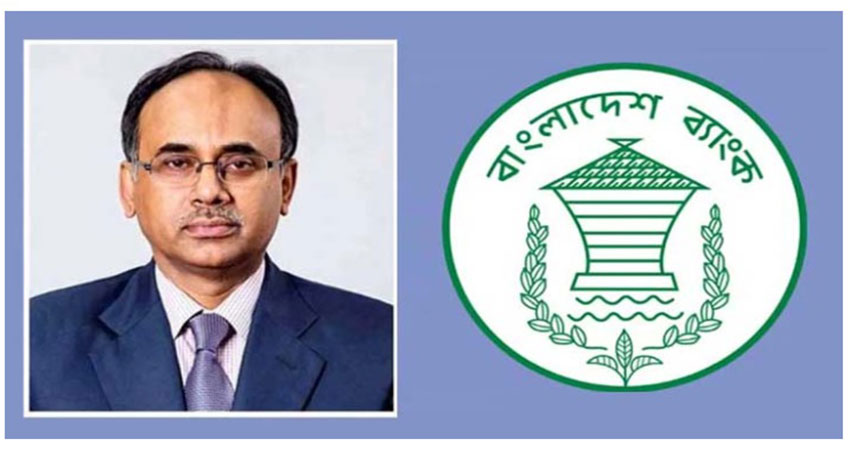Bangladesh Bank Governor Abdur Rouf Talukder said the country will be protected from any economic hardship following new monetary.
He made the observation while unveiling a monetary policy at BB head office in the capital on Sunday.
The cautious monetary is aimed at supporting GDP growth and the government's development strategy in the midst of global economic uncertainty.
“There is no option to control inflation by controlling money circulation in the domestic market now as most of the pressure on the economy is imported. As our country is an import-oriented nation, the macro-economic pressure including inflation is driven by external sources," Abdur Rouf said.
Without taking any specific measures to tame inflationary pressures on money markets, Bangladesh Bank also raised the policy rates by 25 basis points.
To allow higher government expenditures, the monetary policy statement states that the financial market regulator raised the domestic credit growth target by 30 basis points to 18.5 per cent for the period between January and June.
According to MPS, due to the ongoing megaprojects and pandemic stimulus programme of the government, the public sector credit growth ceiling is set at 37.7 percent for the remaining days of the current fiscal year.
BB's target for private sector credit growth is 14.1 percent for this fiscal year, consistent with its supply-side interventions that will support GDP growth by supporting investment and employment. In July-December of last year, the central bank achieved a growth of 12.8 percent in private credit, as opposed to a projection of 13.7 percent.
BB governor instructed banks to raise interest rates on consumer credit while keeping the rate cap for term loans to industries unchanged.
"We found that consumer credit fuels inflation because borrowers attempt to purchase items after receiving credit. This is a non-productive sector. Thus, we maintained the interest rate for industries that support the economy regularly," Talukder stated.
Bangladesh Bank has introduced five re-finance schemes worth Tk 500 billion each to support sector-based businesses such as agriculture and small businesses.
"It is unlikely that the increase in the repo rate will have any impact on banks, as they lend money for a period of two to three days. Moreover, the re-financing schemes will help balance the liquidity of the banks," the BB govornor noted.
The governor denied the allegation of nepotism toward specific financial institutions, saying that the central bank always looks at the performance of any financial institution and provides help as needed to overcome crises.
"In the country since independence, no banks have been closed. Bangladesh Bank has always stood by financial institutions to protect the savings of depositors. Banks are owned by the general public rather than the directors' paid-up capital. We have the responsibility of protecting the deposits of mass savers from the central bank,” he added.
BB recently introduced an Islamic bank liquidity facility to assist Shariah-based banks in addressing cash crunch on demand.
Furthermore, the central bank relaxed the LC requirements for imports of rice, wheat, and other essentials before Ramadan.
"Our clear message is that there is no restriction on LCs for the import of essential products. Commercial banks have controlled the import of unnecessary items. Our monitoring revealed some trends of trade-based money laundering by overinvoicing. The situation was handled with prudent policy," the BB govornor said.
Bangladesh Bank has decided to introduce the next monetary policy in January, ending the current policy half way through its term in December last year.



















